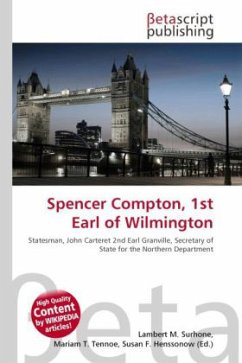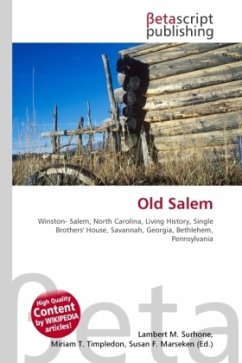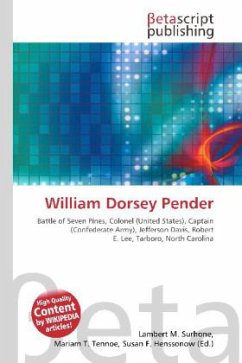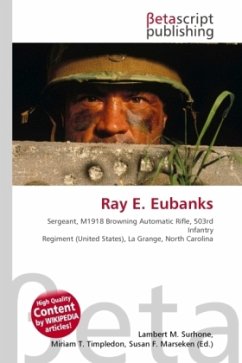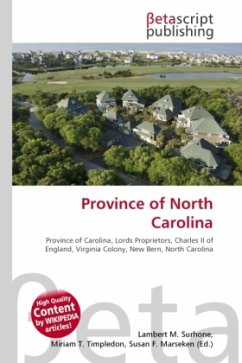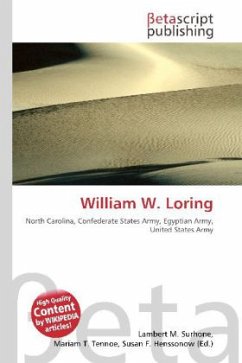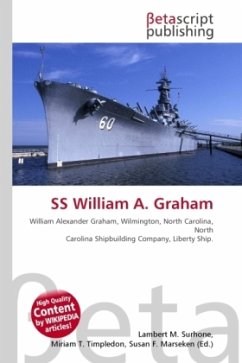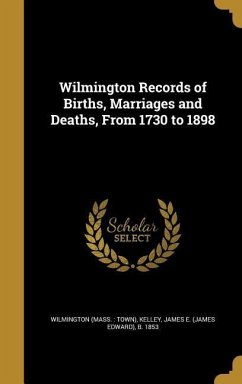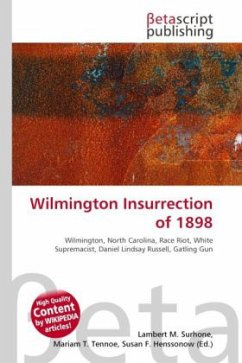
Wilmington Insurrection of 1898
Versandkostenfrei!
Versandfertig in 6-10 Tagen
23,99 €
inkl. MwSt.

PAYBACK Punkte
12 °P sammeln!
High Quality Content by WIKIPEDIA articles! Wilmington, then the largest city in the state, had a majority-black population, large number of black professionals and a strong, biracial Republican Party. In the 1894 and 1896 elections, North Carolina's Populist Party fused with the Republican Party to gain control of the state government; they were known as the Fusionists. The Fusionists won the elections. During the 1898 election, however, the Democratic Party was able to gain back government control due to Daniel L. Russell's inability to satisfy both the Populist and Republican parties.The ne...
High Quality Content by WIKIPEDIA articles! Wilmington, then the largest city in the state, had a majority-black population, large number of black professionals and a strong, biracial Republican Party. In the 1894 and 1896 elections, North Carolina's Populist Party fused with the Republican Party to gain control of the state government; they were known as the Fusionists. The Fusionists won the elections. During the 1898 election, however, the Democratic Party was able to gain back government control due to Daniel L. Russell's inability to satisfy both the Populist and Republican parties.The next step for the Democratic Party, in an effort to gain back full control of Wilmington, was to kick Alexander Manly, editor of Wilmington's Daily Record, the state's only black-owned newspaper, out of the city and discontinue printing. For some time, Josephus Daniels, editor of the Raleigh News and Observer, was using Wilmington as a symbol for Negro domination. Many newspapers were also publishing pictures and stories implying that African Americans were raping white women.



